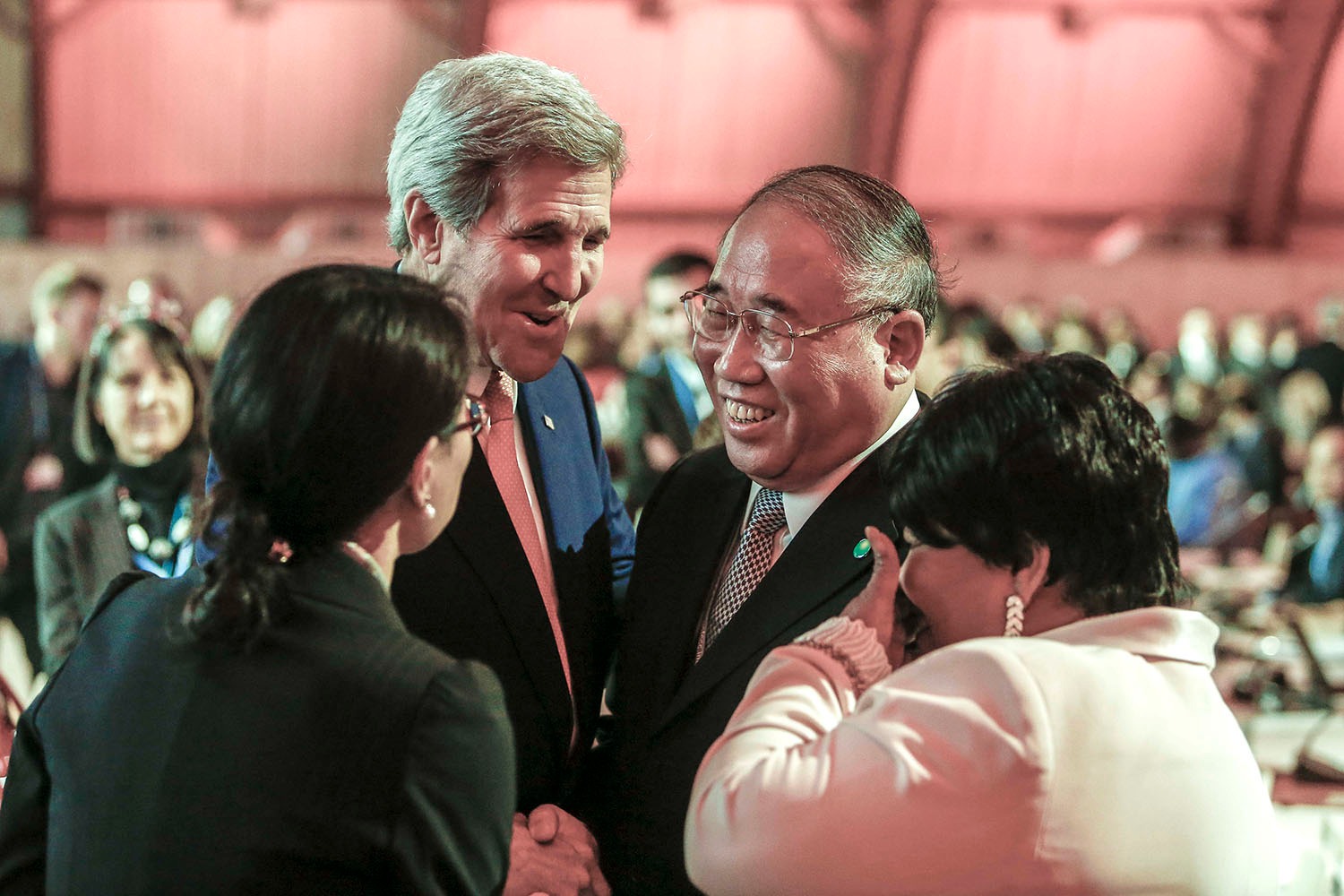The landscape of the U.S.-China relationship on climate change is experiencing a period of transformation, and while diplomatic dynamics are shifting, California officials are determined to maintain their commitment to climate initiatives.
Governor Gavin Newsom, alongside other state leaders, initiated connections with Liu Zhenmin, the successor to Chinese climate envoy Xie Zhenhua, well in advance of Xie’s retirement in January.
In October, during Newsom’s climate-focused visit to Beijing, he held a meeting with Liu, a former U.N. diplomat—an aspect of the governor’s trip not previously reported.

Liu also received a tour of the Port of Long Beach and the California Air Resources Board’s laboratory in Riverside when he attended the Asia-Pacific Economic Cooperation summit in California in November.
Presently, the relationship between the two largest emitters in the world appears relatively stable, aided by the ongoing thawing of tensions between the U.S. and China and President Joe Biden’s selection of John Podesta, a seasoned figure in climate diplomacy with extensive U.S.-China experience, to succeed John Kerry as the U.S. climate envoy.
Despite this stability, the shadow of former President Donald Trump lingers, along with several complex geopolitical issues that could potentially strain ties once more. California officials, however, assert their preparedness to address any challenges that may arise.
Former Governor Jerry Brown, who chairs UC Berkeley’s California-China Climate Institute, emphasized the need for multiple points of contact in dealing with global climate issues, stating, “It can’t just be Washington to Beijing; we need to knit together many relationships.”
California is maintaining its connections with Xie Zhenhua, who will continue serving as the co-chair of Brown’s climate institute.
Simultaneously, the state is actively engaging with Liu Zhenmin. Lauren Sanchez, Newsom’s climate aide, expressed enthusiasm about Liu’s engagement with the California-China relationship on climate issues, emphasizing his meetings with key state officials and exposure to initiatives such as the briefing on methane, the scoping plan, zero-emission vehicles (ZEVs), and enforcement efforts.
On the U.S. side, Podesta is set to remain at the White House, coordinating closely with the State Department, even after Kerry’s impending departure. Podesta will work alongside Kerry’s deputies, Rick Duke and Sue Biniaz, an influential figure in the formulation of the Paris Agreement and a longtime mentor to Sanchez.
Newsom’s trip to China is already yielding results, with the signing of five agreements covering various aspects, ranging from electric vehicles to methane.
Sanchez noted that federal and subnational delegations are actively planning visits to California, indicating growing collaboration.
Former Governor Brown expressed confidence in Podesta’s ability to be imaginative and energetic in fostering cooperation with China on climate issues, emphasizing California’s commitment to offering support.
He also acknowledged the potential scenario where, if Biden is not reelected, states like California may need to play a leading role in advancing climate goals.


